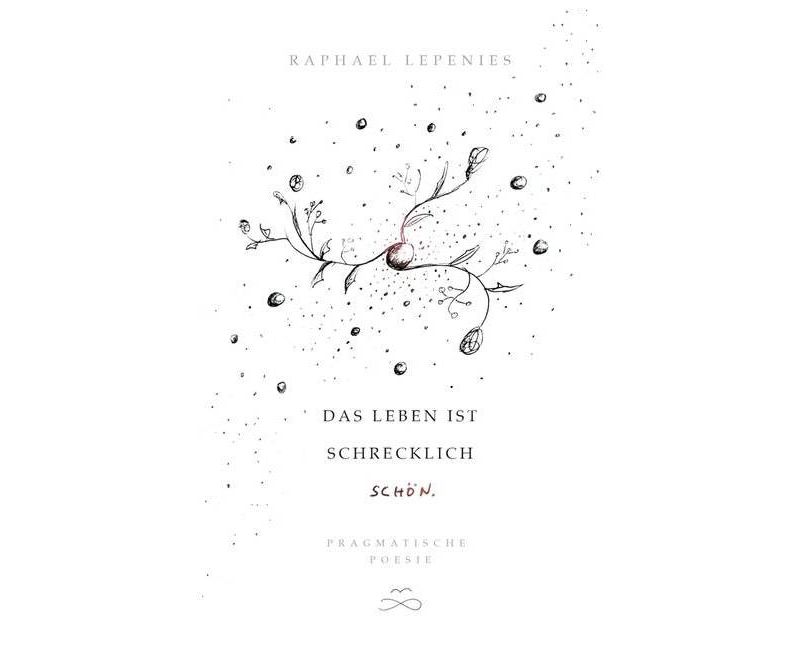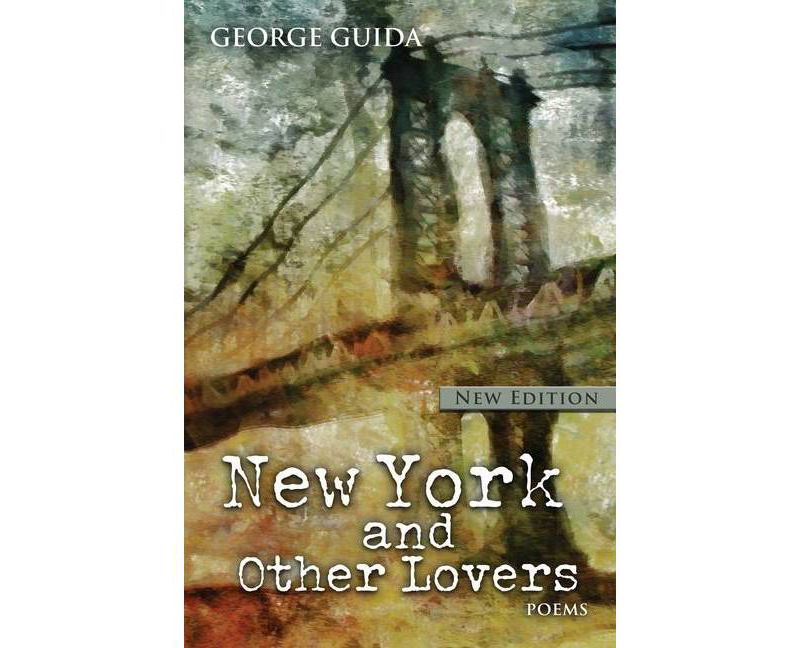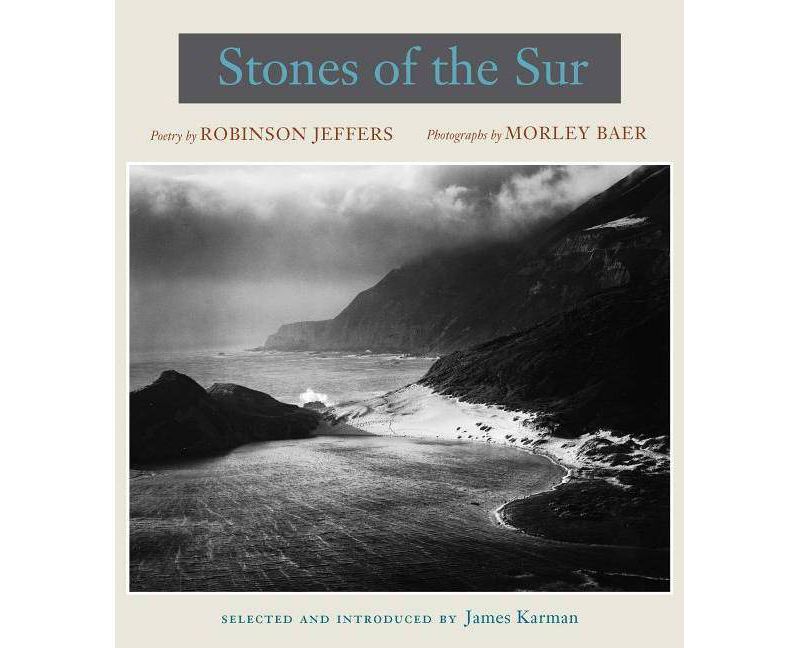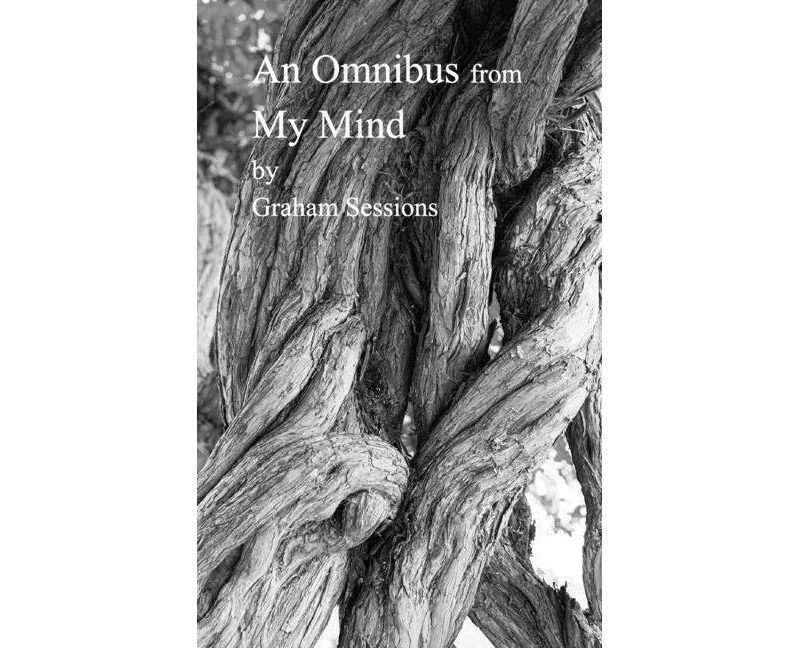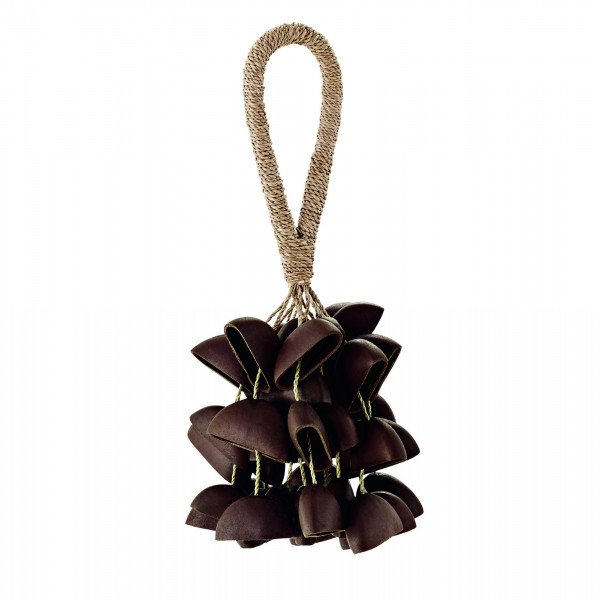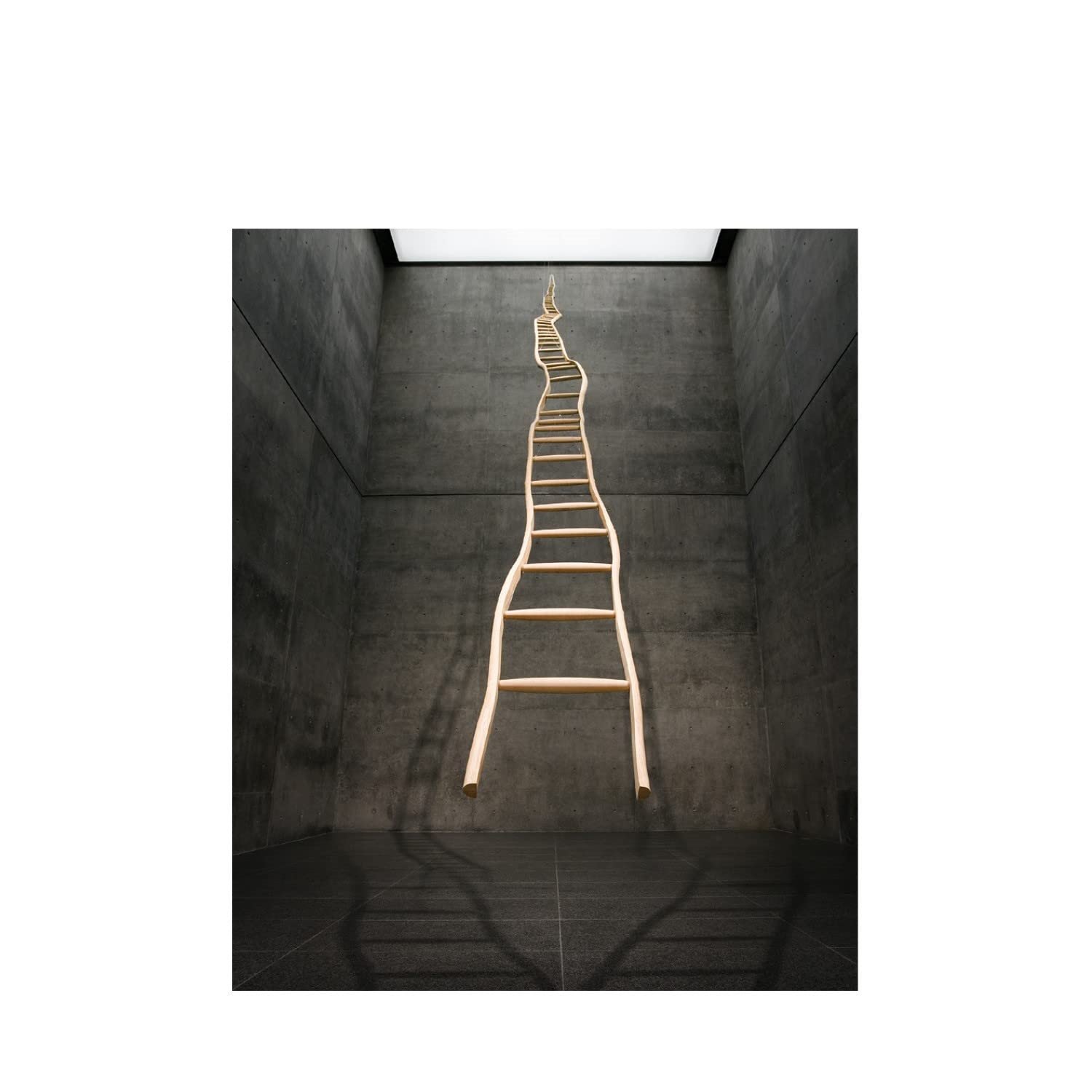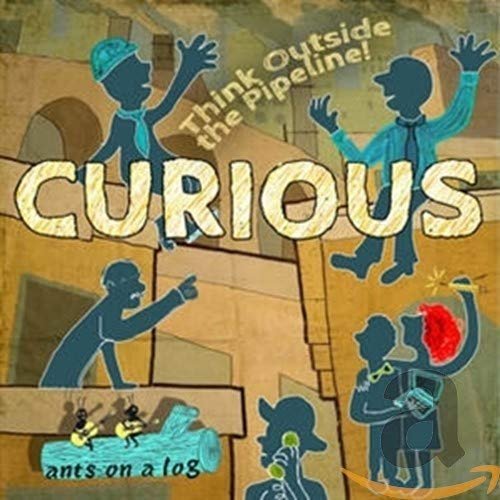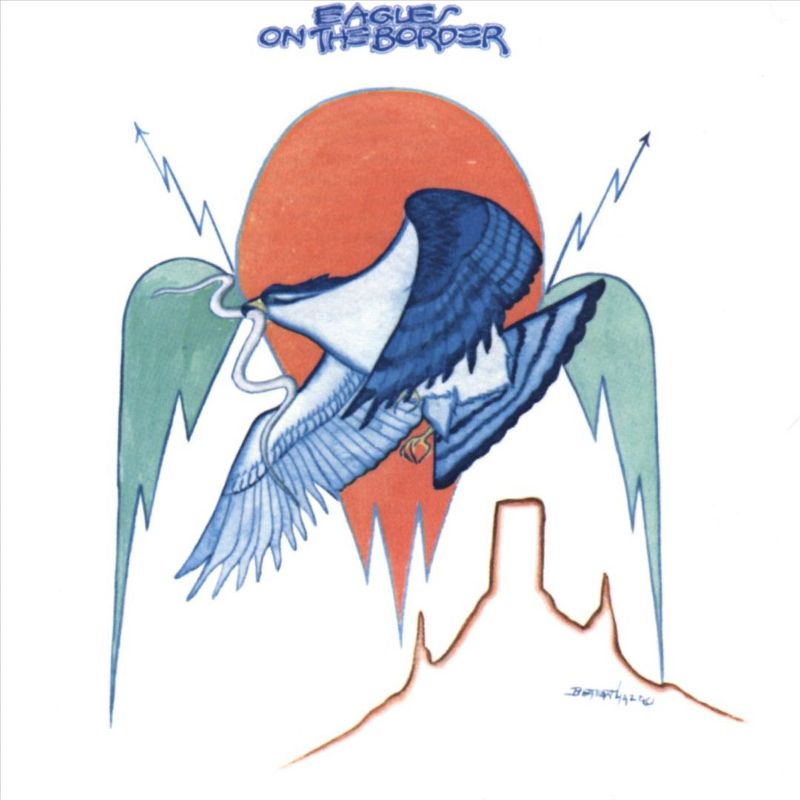Buy Most Beautiful - by Elizabeth S E McBride (Paperback) in United States - Cartnear.com
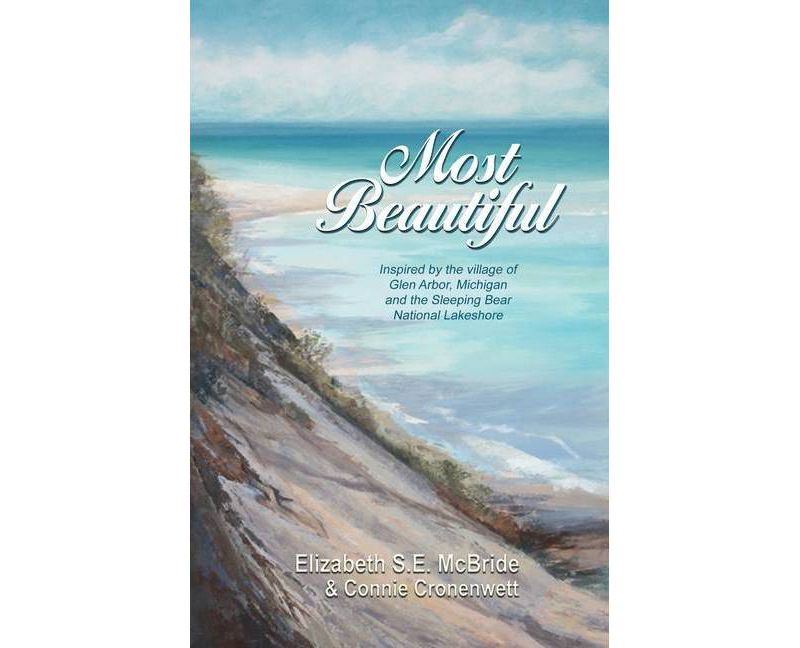
Most Beautiful - by Elizabeth S E McBride (Paperback)
CTNR8961 09781948461351 CTNR8961$ 11 $ 11 4% Off
*Product availability is subject to suppliers inventory
SHIPPING ALL OVER UNITED STATES
100% MONEY BACK GUARANTEE
EASY 30 DAYSRETURNS & REFUNDS
24/7 CUSTOMER SUPPORT
TRUSTED AND SAFE WEBSITE
100% SECURE CHECKOUT
Genre: Poetry
Sub-Genre: Subjects & Themes
Format: Paperback
Publisher: Poetry Box
Age Range: Adult
Book theme: Nature
Author: Elizabeth S E McBride
Language: English
About the Book
A gorgeous collection of poems, prose, and paintings inspired by the village of Glen Arbor, Michigan and the Sleeping Bear National Lakeshore, voted "Most Beautiful Place in America" in 2011.Book Synopsis
It's not always easy to unplug, taking notice of the gifts that nature offers. Elizabeth McBride's poetry and prose invites you to bear witness to the non-events, by simply noticing a boulder or the worn remains of a dock, stretching toward the horizon. There is much to be discovered in this region of Michigan! Experience what is here, what has been, and what is changing right beneath your feet and over your head. Let the artwork and lyrical verse on these pages whet your appetite for the great outdoors, as you venture out into this place Most Beautiful.
Advance Praise:
"McBride takes us on a glorious tour of the area: to the farms of Port Oneida, to the little town of Empire, to the vistas of Pierce Stocking Drive and the thrill of Pyramid Point and its shipwrecks."
--Betsy Wagner, Glen Arbor Arts Center, Artist-in-Residence Program
"In her luminous work, Elizabeth McBride's elegant and earthbound writing creates that uncommon experience only a fine artist can give us."
--Jack Ridl, author of Practicing to Walk Like a Heron and Saint Peter and the Goldfinch
Review Quotes
In her luminous work Most Beautiful, Elizabeth McBride's elegant and earthbound writing creates that uncommon experience only a fine artist can give us: She makes permanent what we experience for but a moment. Her vigilance honors an area honored, but her work goes beyond affirming what we already know: that this area is "beautiful." Revealing what that deeply means, that is the job of the real writer. And McBride is that real writer. Elizabeth McBride gently calls our attention to and gives us the only way we can "be there" when we aren't. "Lake, breezes, / scents of cedar and evergreens, / and the sounds of seas remain--" because Elizabeth McBride has made it so.
--Jack Ridl, author of Practicing to Walk Like a Heron and Saint Peter and the Goldfinch
From Lake Street in Glen Arbor, to the footprints along the shoreline at Sleeping Bear Dunes, on the wings of the endangered Plover, or "in the wild silence of the woods" Elizabeth McBride's poems allow us to live more fully involved with what transcends our daily lives. For every question of endangerment, including the human spirit, the land answers. For every wearing away, McBride show us a becoming of newness. The way "The commonplace, when given our attention, never lacks for miracles"--and, indeed, McBride shows us those miracles in every poem.
Glacier history, evidence of the harvesting and re-growth of timber, "the cathedral of the barn," the massive dunes, deer prints, bird song, all are here to honor the awe of what was, still is, will always be--miraculous. What a pleasure, a relief, to experience the stillness of connection these poems and paintings offer.
--Joy Gaines-Friedler, author of Capture Theory
Elizabeth McBride's book of poems is truly a sensory pleasure to read, whether one is experiencing the Glen Arbor area for the first time or for a lifetime. Glen Arbor in the Sleeping Bear Dunes National Lakeshore has been identified in a Good Morning America fake news contest as "The Most Beautiful Place in America." It is a well-deserved title, however earned, as one can see in this evocative poetry. From the Prologue to the final poem, McBride takes us on a glorious tour of the area: to the farms of Port Oneida, to the little town of Empire, to the vistas of Pierce Stocking Drive and the thrill of Pyramid Point and its shipwrecks.
In gale winds or calm there is beauty to behold at the lakeshore. The Manitou Islands hold the secret for the ages. We remember the Indian tale of the Sleeping Mother Bear and her two cubs, lost to the storm, but who give us the powerful message of motherly love. Through McBride's heartfelt and warm observations of nature and "found objects" at the lakeshore, we sense her profound love for all things natural from the tiniest pebble, to the piles of shells on the beach, to the helpless piping plovers born on the beach whose feathers she carefully collects.
All of our senses are brought into play in these poems as the author strolls the beaches, writing, looking, listening in wonderment. May you too, bring home a feather.
--Betsy Wagner, Glen Arbor Arts Center Artist-in-Residence Program




